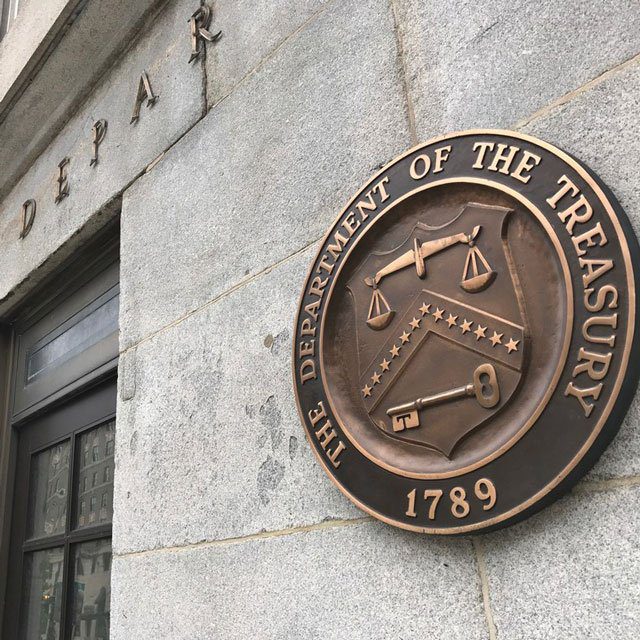Federal Team May Jump In When It Sees Nonbank Crash Risk

What You Need to Know
Congress created the Financial Stability Oversight Council to try to prevent a repeat of the 2007-2009 Great Recession.
Insurers want FSOC to consider the potential costs and work with state insurance regulators.
FSOC wants the ability to jump in quickly when it thinks a company could hurt the whole U.S. financial system.
The Financial Stability Oversight Council has given itself the flexibility to jump in and let the Federal Reserve supervise an insurer or other nonbank company quickly if it thinks the company is doing something that could threaten the U.S. financial system.
FSOC announced Friday that it has adopted two previously announced batches of proposed guidance that, combined, will let FSOC put the Fed ahead of a nonbank’s usual regulator, if FSOC believes that to be necessary.
One of the newly adopted batches of guidance establishes an analytical framework for designations, or decisions to subject a company to Fed supervision.
A second batch of guidance shows how FSOC plans to apply the analytical framework to nonbank financial services companies.
Thomas Workman, FSOC’s independent member with insurance expertise, voted for both batches of guidance, but he issued a separate statement emphasizing that FSOC has promised to work with nonbank companies’ usual regulators.
What it means: The Biden administration complicated its relationship with insurers and state insurance regulators last week when the U.S. Labor Department released draft regulations that call for the department to impose a fiduciary standard of care on the sale of any annuities, or other insurance products, used in retirement savings arrangements.
Now, FSOC, a body chaired by Janet Yellen, Biden’s Treasury secretary, has added another complication to the administration’s relationship with insurers and insurance regulators, by weakening earlier assurances that the body would avoid interfering with a nonbank company’s usual regulators.
FSOC: The severity of the 2007-2009 Great Recession was due partly to problems with derivatives trading operations that operated outside the jurisdiction of U.S. banking and securities regulators.
Congress included the provision creating FSOC in the Dodd-Frank Act of 2010, in the hope of keeping problems from coming up out of nowhere and causing financial disasters.
FSOC is a 13-member entity made up mostly of the heads of federal financial services regulatory agencies. It also includes one “independent member with insurance expertise,” who has a vote; a state representative from the National Association of Insurance Commissioners; and the director of the Treasury Department’s Federal Insurance Office.
The FIO director and the NAIC representative do not have a vote.
The nonbank designation battle: FSOC came to life with broad powers to designate nonbank companies as “systemically important financial institutions” that were in need of Fed oversight.
The life insurers that were designated as SIFIs ended up finding SIFI designation burdensome and went to court to fight it.
Insurers convinced the courts that the SIFI designation system was arbitrary and opaque, with no clear rules companies could use to shed designation.
FSOC canceled the last remaining SIFI designation, of Prudential Financial, in 2018. FSOC agreed in 2019 to voluntarily avoid efforts to supervise nonbank companies that were already being supervised by other regulators.
FSOC also said that it would focus on regulating risky activities, instead of specific companies, and that it or a company’s primary regulator would analyze the costs and benefits of classifying the company as a SIFI before FSOC would move ahead with the designation process.
The new FSOC proposals: FSOC announced in April, the wake of a wave of bank failures, that it would update its SIFI designation guidance.




